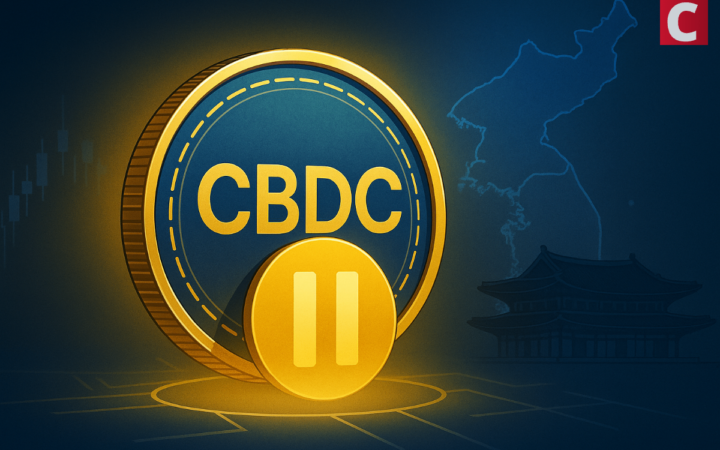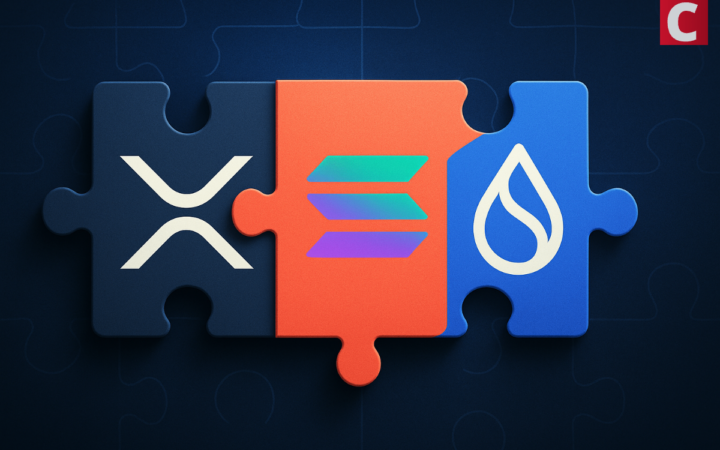
An experienced writer with practical experience in the fintech industry. When not writing, he spends his time reading, researching or teaching.
The Bank of Israel has experimented with a digital shekel token. The bank states that it is far from adopting it although its plans are advancing as interest in CBDCs grows across different countries.

Deputy Governor of Bank of Israel Andrew Abir has said that the country recently experimented with a digital shekel token. The Jerusalem Post reported on Monday that the government official made this revelation during a conference at the Fair Value Forum of IDC Herzliya.
However, the official believes the country is still very far from adopting one. Abir had previously allotted a 20% chance to the rollout of a Central Bank Digital Currency (CBDC) within five years. While he noted that recent developments with other countries have made him raise his estimate to near 50%, he doesn’t think the country is close to launching one soon.
The bank has reportedly been contemplating a digital shekel since 2017. Earlier in May, the Jerusalem Post further reported that the bank of Israel was having extensive discussions on what needed to be put in place before launching a digital currency. Those discussions saw the government draft a model, “A Bank of Israel Digital Shekel–Potential Benefits, Draft Model, and Issues to Examine,” with further requests for public input.
Despite not making any formal announcement since then, it seems that the Bank of Israel had continued working on the plans.
The idea of a central bank digital currency was first raised in 2015 by the Bank of England. Since then, the grey area has attracted a lot of attention from different countries. Forty-four banks had in a survey conducted in January by the Bank for International Settlements (BIS) said they were exploring the idea, while another 11 reported being “imminently close” to launching a CBDC for the public.
First, Venezuela developed the Petro. Then China developed the digital yuan and are pilot testing it in several cities. The US Federal Reserve Bank of Boston is also partnering with the Massachusetts Institute of Technology (MIT) to test run a digital dollar. The Taiwanese bank also announced its iteration of a govcoin.
Invariably, it means that many countries are exploring the idea as espoused by the Bank of England, and with the experimental run by the Bank of Israel, the country cannot be too far off as well.
The CBDC runs on a permissioned blockchain, the distributed ledger technology, to create a platform for transactions. It allows the government to still maintain control over some aspects of the digital currencies, including the supply and the management of the ledgers.
Also, the CBDC has the potential to improve efficiency and lower the cost of transactions. A pitfall of digital currency is that it can allow the government to track transactions. However, to mitigate public fears, various governments are considering different policies to secure the privacy interest of their citizens.
The illustrations were provided by Depositphotos.com
Disclaimer: Coinspeaker is committed to providing unbiased and transparent reporting. This article aims to deliver accurate and timely information but should not be taken as financial or investment advice. Since market conditions can change rapidly, we encourage you to verify information on your own and consult with a professional before making any decisions based on this content.

An experienced writer with practical experience in the fintech industry. When not writing, he spends his time reading, researching or teaching.




